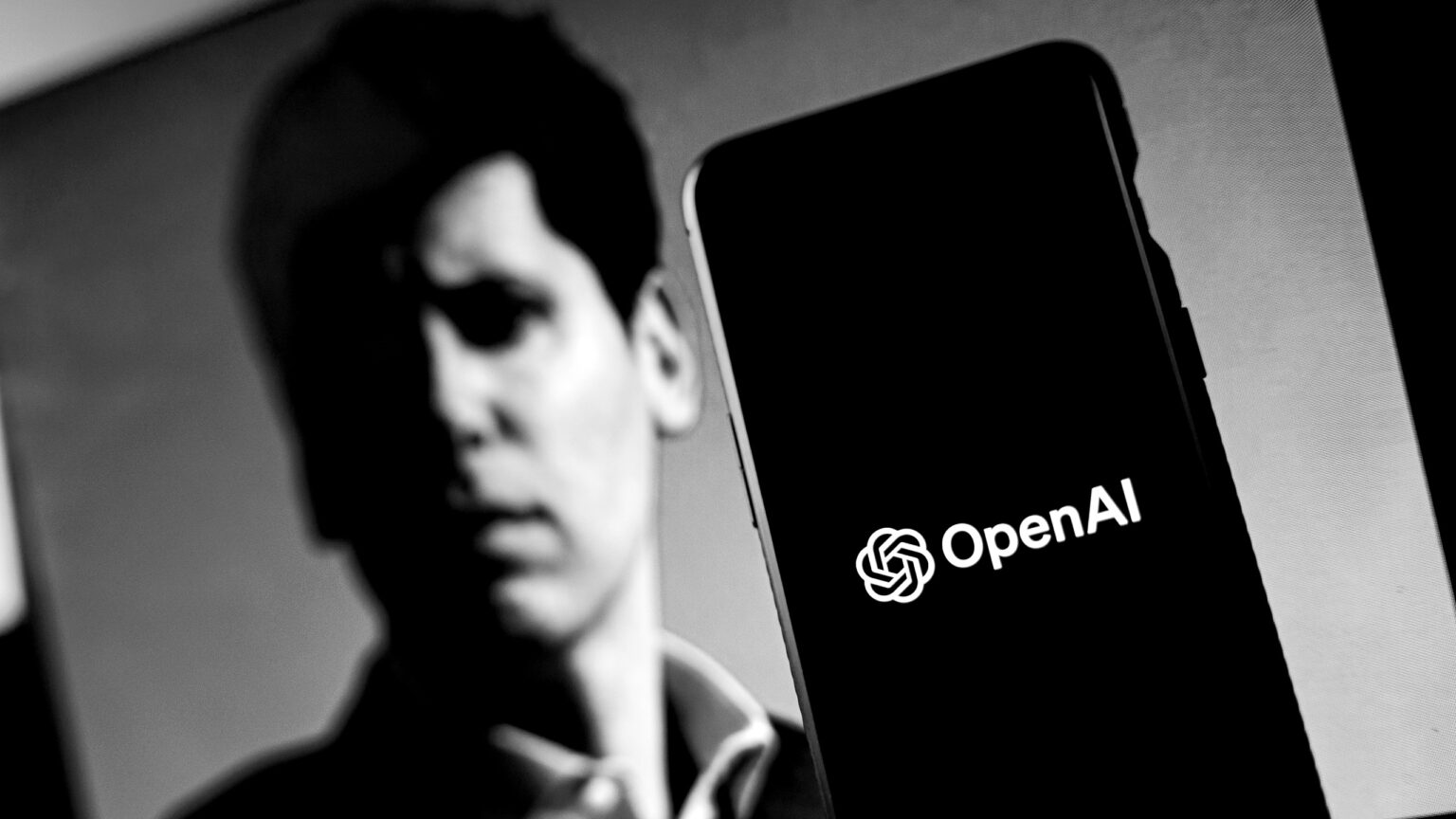In a dramatic turn of events, OpenAI has announced the reinstatement of its co-founder, Sam Altman, as CEO following an intense period of internal and external pressures.
The decision, marked by controversy and high-stakes negotiations, comes as the AI research organization grapples with a myriad of challenges. These include a significant copyright lawsuit against ChatGPT training and intricate ties with tech firm Microsoft.
Also read: Uneasy OpenAI Clients Already Considering Rival Models.
The resurgence of Altman
OpenAI recently announced the return of its co-founder, Altman, as the company’s chief executive officer. As per a post on OpenAI X, the initial board will be chaired by Bret Taylor, a famous director at Twitter, before Elon Musk acquired it.
We have reached an agreement in principle for Sam to return to OpenAI as CEO with a new initial board of Bret Taylor (Chair), Larry Summers, and Adam D'Angelo.
We are collaborating to figure out the details. Thank you so much for your patience through this.
— OpenAI (@OpenAI) November 22, 2023
Joining the board are notable figures such as Summers, the former U.S. Treasury Secretary under President Obama, and Adam D’Angelo, the co-founder and CEO of Quora Inc., who is already a member.
This dramatic shift in leadership comes on the heels of a significant upheaval within OpenAI, as nearly all of its employees threatened to quit following Altman’s surprise ouster. Moreover, the decision to reinstate him as CEO has been met with widespread support, with former president Greg Brockman also returning to the organization.
Returning to OpenAI & getting back to coding tonight.
— Greg Brockman (@gdb) November 22, 2023
As the dust settles, OpenAI is now focused on “figuring out the details,” according to a statement on X, formerly Twitter. With such a lineup of leaders at the helm, it’s clear that OpenAI is poised for an exciting new chapter, and the tech world eagerly awaits what developments lie ahead.
Microsoft’s conundrum and OpenAI’s future
Microsoft Corp.’s decision to appoint Altman to lead a new AI research team was initially perceived as a strategic move following its substantial investment in OpenAI. However, the arrangement posed several challenges.
One immediate concern was the financial burden of onboarding many new employees, especially when Microsoft had frozen salaries for its existing workforce. This massive recruitment effort would undoubtedly cost significantly, putting pressure on the company’s budget.
Moreover, according to a Bloomberg report, Microsoft had a substantial financial commitment to OpenAI, totaling more than $13 billion. Consequently, it was in Microsoft’s best interest to ensure that its investment in the startup remains intact, and any abrupt changes could disrupt the partnership.
The potential for conflicts arising from Altman’s side projects, such as Worldcoin and an AI chip company, further complicated matters. As a result, Microsoft CEO Satya Nadella expressed willingness to address these governance aspects, emphasizing the need for Altman to focus entirely on his role at Microsoft. Nevertheless, the reinstatement at OpenAI seems to have resolved, at least temporarily, some of these complex issues.
The copyright lawsuit
Adding to OpenAI’s challenges is a new copyright lawsuit against OpenAI and Microsoft. The suit, led by author and editor Julian Sancton, accused companies of misusing nonfiction works, including Sancton’s book, to train OpenAI’s artificial intelligence models.
“The basis of OpenAI is nothing less than the rampant theft of copyrighted works.”
As reported by Reuters, the lawsuit alleges that tens of thousands of nonfiction books were copied without permission, highlighting the legal and ethical complexities surrounding AI development and training.
The lawsuit further demands monetary damages and seeks to block the alleged infringement, placing additional pressure on both OpenAI and Microsoft. This legal battle underscores the growing concerns over using copyrighted material in training AI models.









 and then
and then